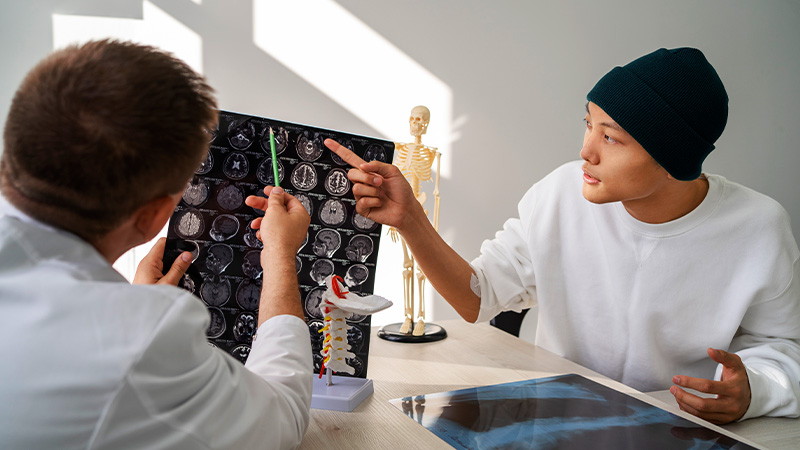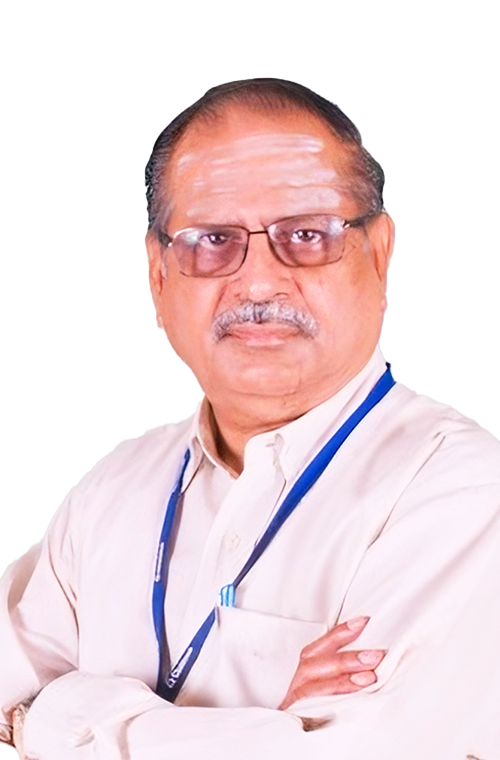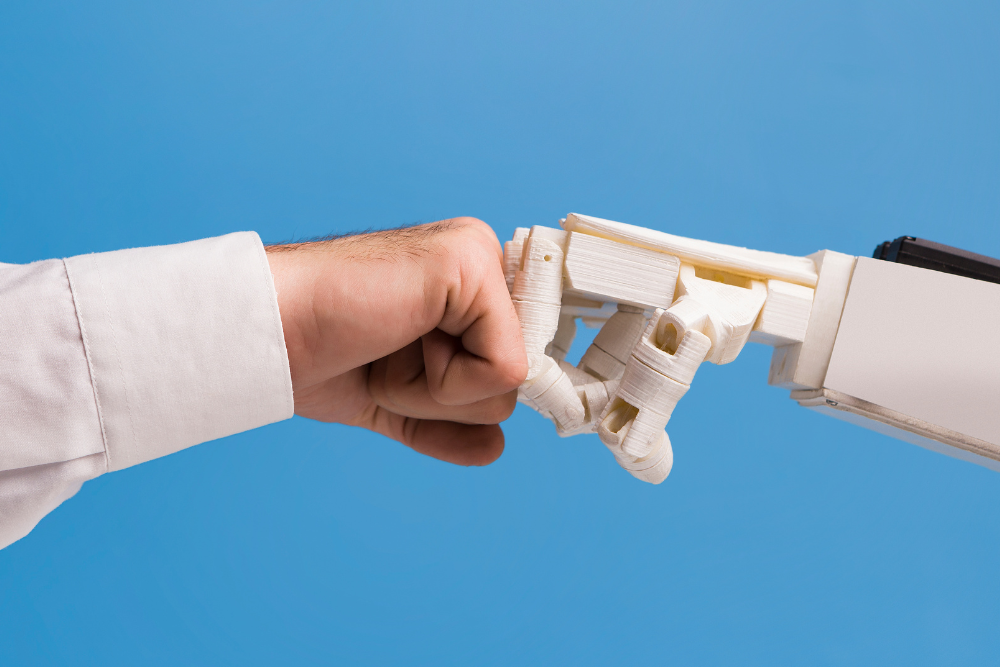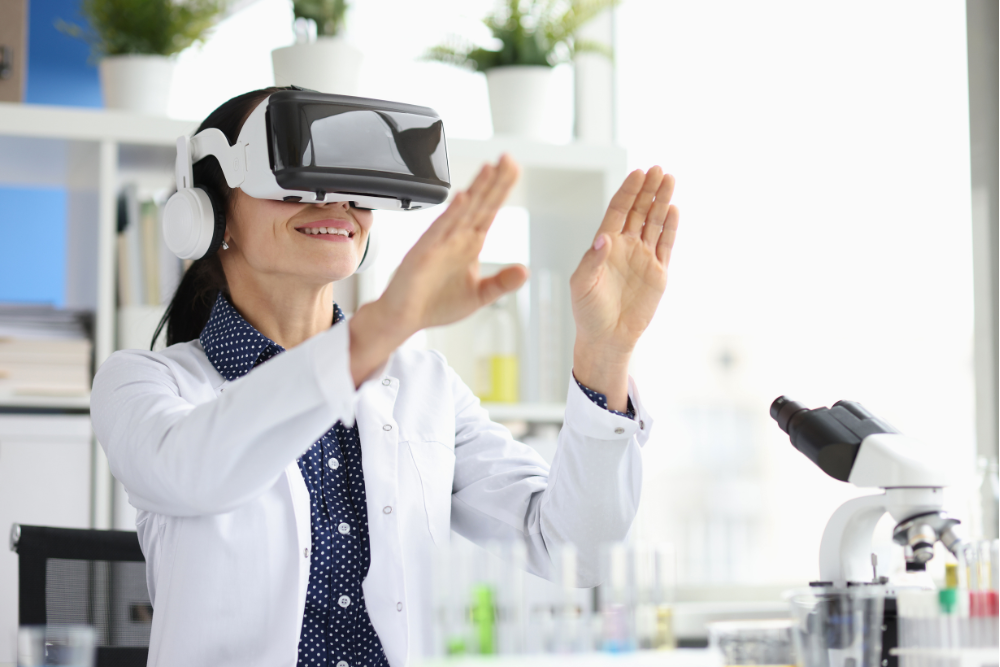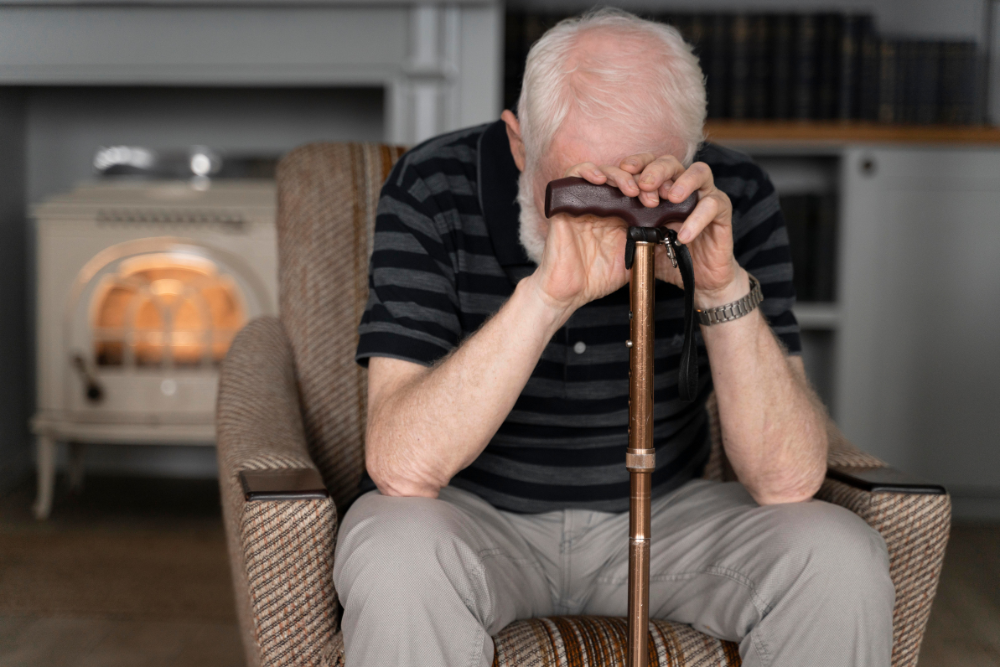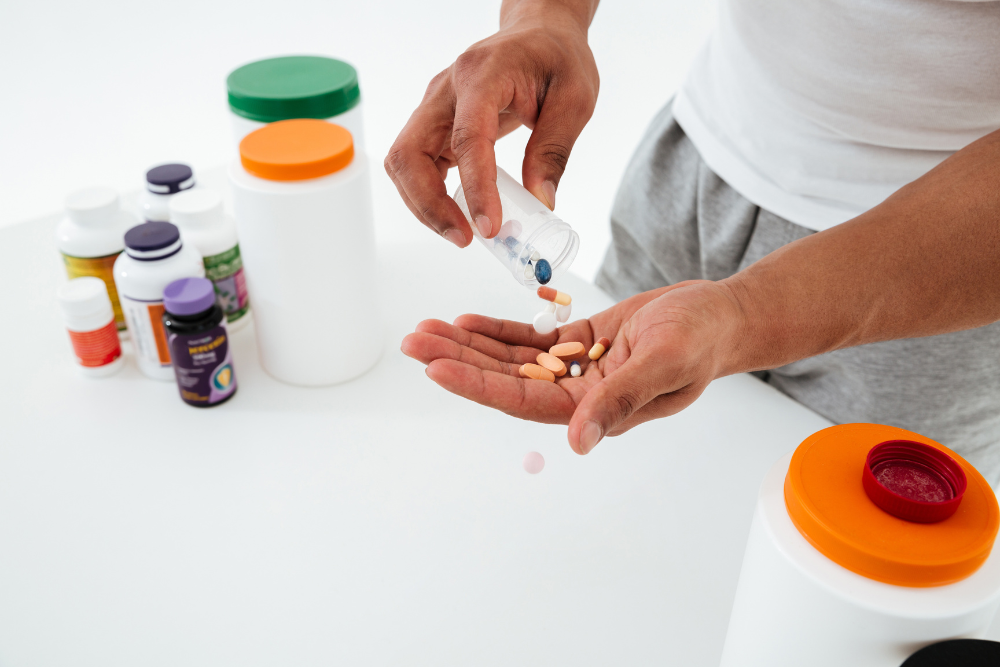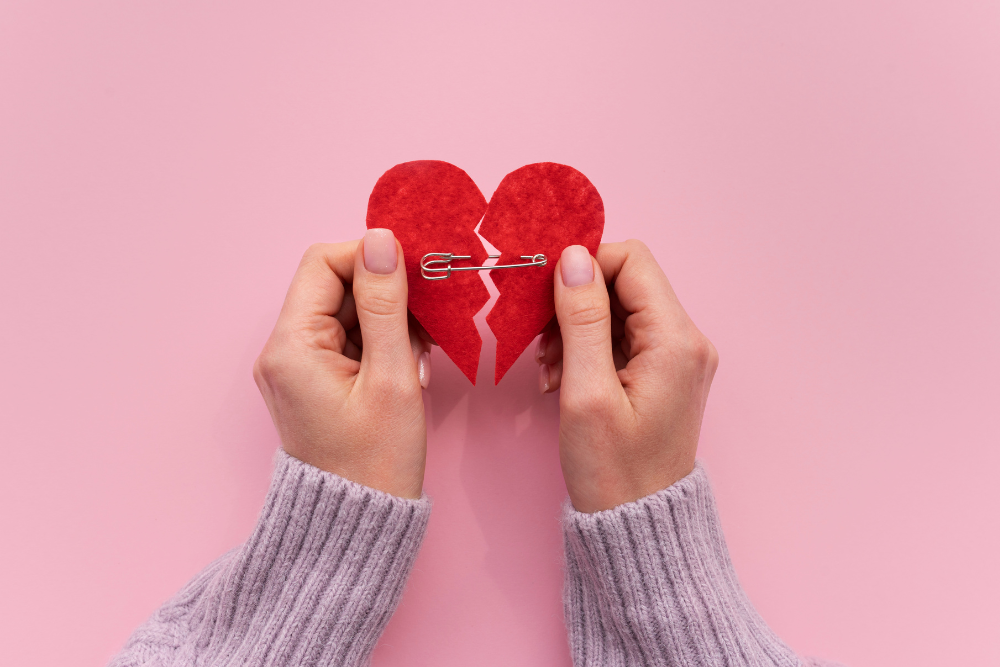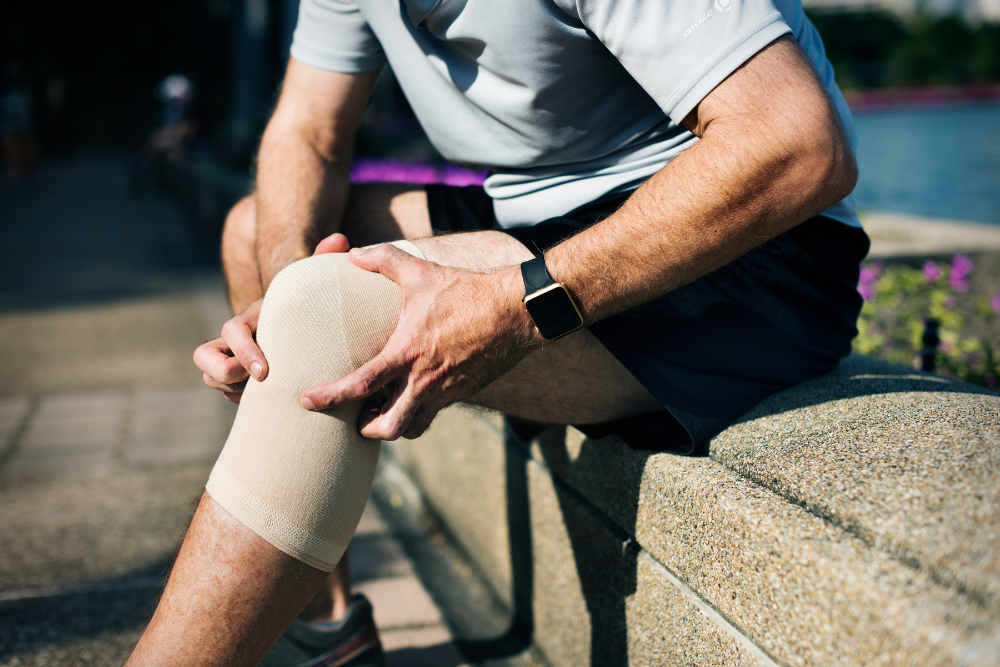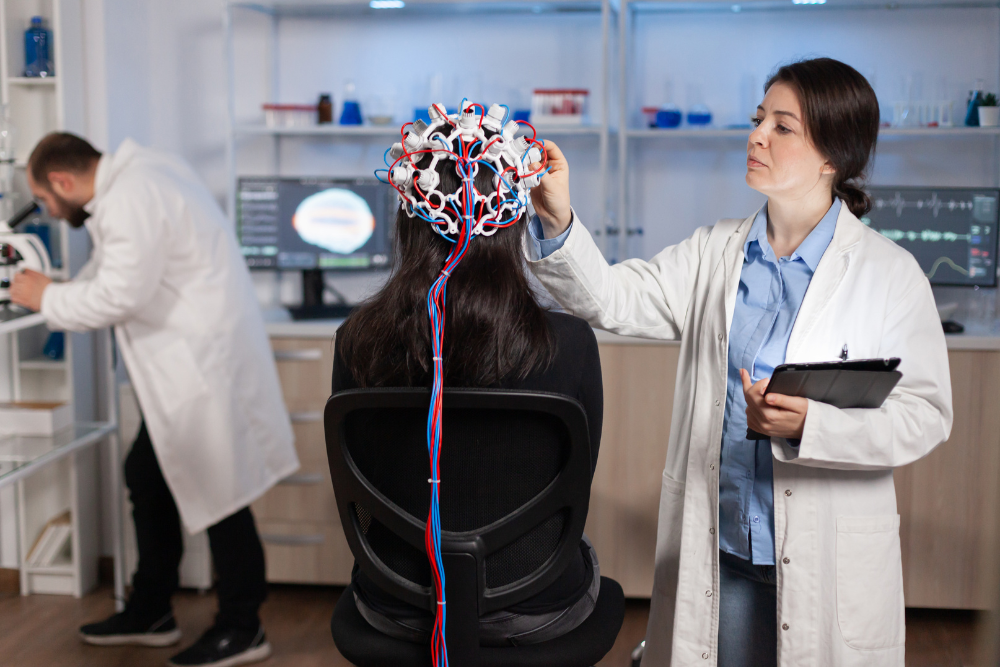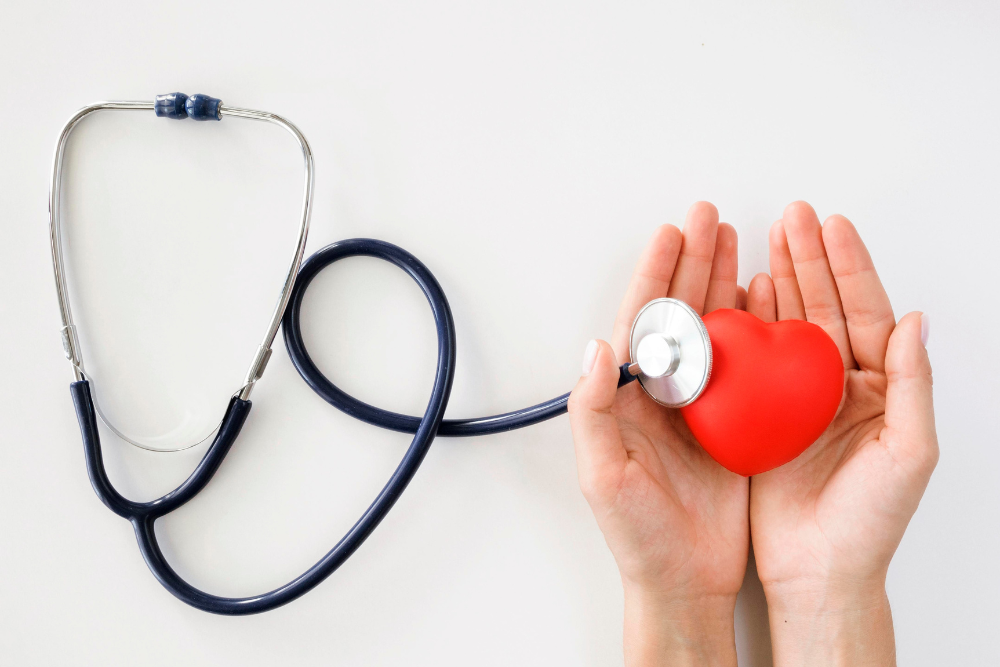Overview
Stroke care is a specialized area dedicated to the diagnosis, treatment, and recovery of individuals who have experienced a stroke. A stroke, often referred to as a "brain attack," occurs when there is a disruption in the blood flow to the brain, leading to damage in brain cells and potentially causing a range of physical and cognitive impairments.
Stroke care encompasses a comprehensive approach to address the immediate medical needs of stroke patients, as well as their long-term recovery and rehabilitation. Timely intervention and specialized care are crucial to minimize the impact of a stroke and improve the patient's quality of life.
Stroke care encompasses a comprehensive approach to address the immediate medical needs of stroke patients, as well as their long-term recovery and rehabilitation. Timely intervention and specialized care are crucial to minimize the impact of a stroke and improve the patient's quality of life.
Common signs and symptoms of a stroke include:
- Sudden Weakness: Individuals may experience sudden weakness or paralysis on one side of the body.
- Difficulty Speaking: Speech problems, slurred speech, or difficulty in understanding language may occur.
- Vision Changes: Sudden blurred or loss of vision in one or both eyes is a common stroke symptom.
- Severe Headache: A sudden, severe headache, often described as the "worst headache of anybody’s life," can be indicative of a stroke.
- Loss of Coordination: Coordination problems, dizziness, and difficulty walking are also common stroke signs.
The immediate response to a suspected stroke is critical. Calling emergency services or seeking medical attention without delay can make a significant difference in the patient's outcome.
Care and Treatment:
Stroke care involves a range of interventions aimed at addressing the specific needs of stroke patients, which may include:
- Emergency Medical Care: Rapid assessment and diagnosis are essential for determining the type of stroke and initiating appropriate treatment.
- Medication: In some cases, medication, such as clot-busting drugs, may be administered to restore blood flow to the brain.
- Rehabilitation: Stroke patients often require physical, occupational, and speech therapy to regain lost function and independence.
- Surgical Interventions: In certain cases, surgical procedures may be necessary to remove clots or repair blood vessels in the brain.
- Preventive Measures: Managing risk factors like high blood pressure, diabetes, and high cholesterol is vital to prevent recurrent strokes.
Recovery and Rehabilitation
Recovery and rehabilitation are integral components of stroke care. These processes focus on helping stroke survivors regain their independence and improve their quality of life. Stroke recovery may include:
- Physiotherapy: Exercises and techniques to improve mobility and strength.
- Occupational Therapy: Strategies to enhance daily living skills and independence.
- Speech Therapy: Addressing communication and swallowing difficulties.
- Counseling and Support: Emotional and psychological support for both stroke survivors and their caregivers.
When to Consult a Doctor ?
It is crucial to seek immediate medical attention if you or someone you know exhibits signs of a stroke, including sudden weakness, speech difficulties, vision changes, severe headaches, or coordination problems. Quick action can significantly impact the outcome of stroke treatment and recovery.
Call +91 98412 98412 for medical emergencies or 044 2238 2248 / +91 98848 99091 to book an appointment.
General (FAQ) For Stroke Care
The main cause of a stroke is the interruption of blood flow to the brain, which can be caused by a blood clot (ischemic stroke) or bleeding in the brain (hemorrhagic stroke).
The treatment for a stroke depends on the type. Ischemic strokes may be treated with clot-busting medications or mechanical clot removal. Hemorrhagic strokes may require surgical interventions. Time is critical, and seeking immediate medical attention is crucial for effective treatment.
While the effects of a stroke can often be mitigated through prompt medical intervention and rehabilitation, a stroke is not always completely curable. Recovery and management depend on the severity of the stroke and individual factors.
Many individuals can regain a significant degree of independence and functionality through rehabilitation and lifestyle adjustments after a stroke. The extent of recovery varies, and ongoing medical care is important.
To reduce the risk of stroke, individuals should adopt a healthy lifestyle, including regular exercise, a balanced diet, maintaining a healthy weight, managing blood pressure, controlling diabetes, and avoiding smoking and excessive alcohol consumption.
Yes, strokes are a major cause of death globally. Timely medical intervention is crucial in reducing the mortality associated with strokes.
Stroke recovery varies for each individual, but common stages include:
- Acute Care
- Early Rehabilitation
- Subacute Rehabilitation
- Outpatient Rehabilitation
- Maintenance Therapy
- Community Reintegration
- Ongoing Management
Foods that support stroke recovery include those rich in fruits, vegetables, whole grains, lean proteins, and healthy fats. These foods provide essential nutrients for overall health and recovery.

